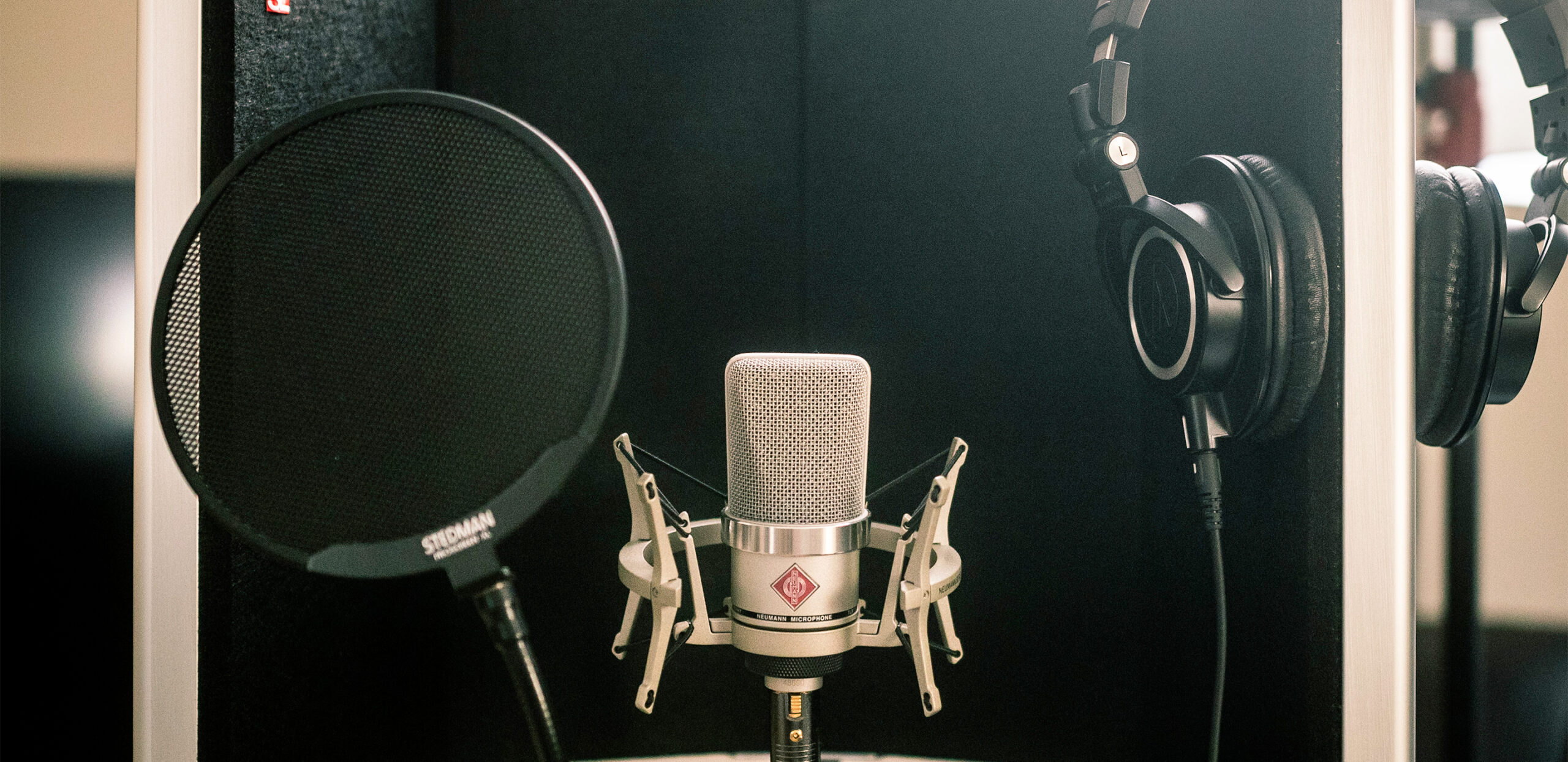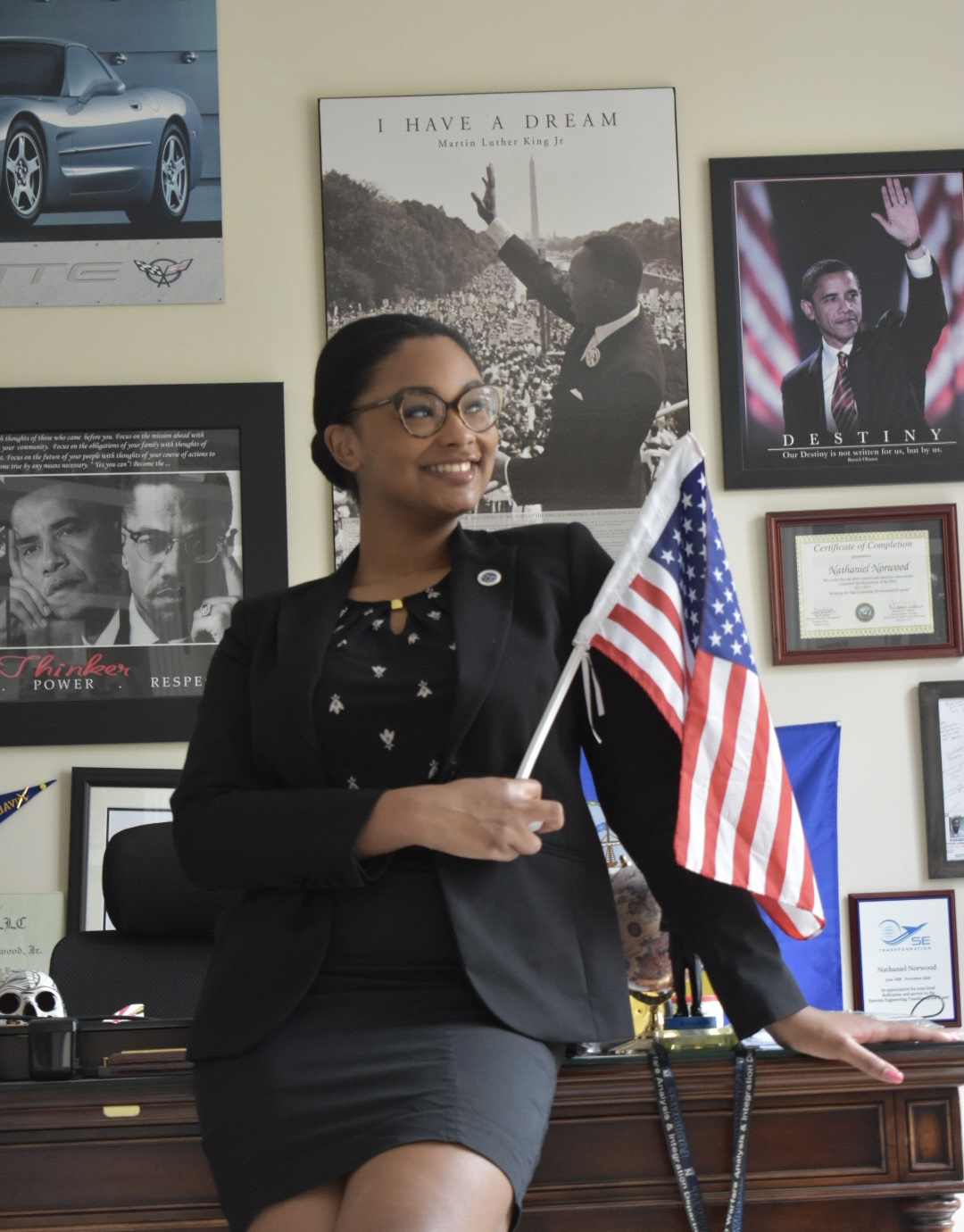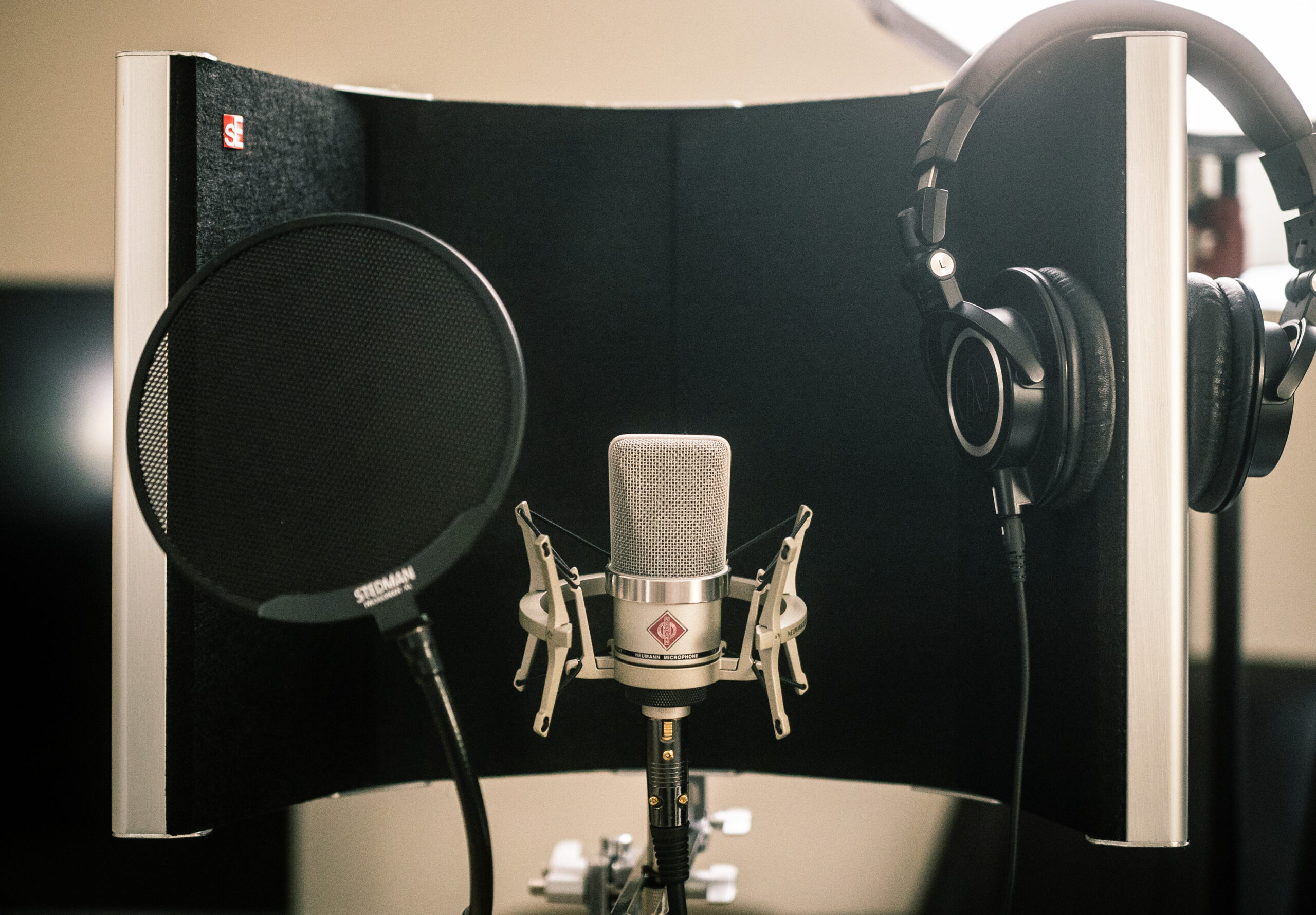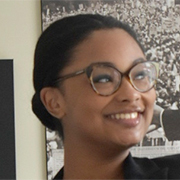
Creating Student Podcasts During a Pandemic
Last school year, Ford’s Theatre piloted Stand Up, Be Heard: The Podcast, which provided a platform for students to explore important topics. Seven schools participated and produced 26 episodes about a variety of issues including mental health, LGBTQIA treatment, how we use social media, the pandemic and many more issues.
Adena Norwood, a graduate of Elizabeth Seton High School, created a podcast about relationships during the height of COVID-19 lockdowns. Ford’s Theatre Arts Education Coordinator Tamekia Jackson spoke with Adena about her experience.
How did you get involved with “Stand Up, Be Heard: The Podcast?”
Adena Norwood: As a senior, I was dreading my capstone project! I had ideas of essays, research papers and dissertations dancing in my head. Four of my fellow seniors in my dual enrollment “Real World History” class were called on to work together to create a podcast. We unanimously agreed that our topic would be COVID-19.
Your episode was called “COVID Casanovas” and explored relationships during COVID-19. How and why did you come up with that topic?
Norwood: “COVID’s Casanovas” was an in-depth look at romantic relationships during COVID-19. Like many other people, I began a relationship during the pandemic. It was going really well and I was wondering if anyone else was flourishing like I was, amidst the chaos.

How did you select the format for the episode?
Norwood: I wanted there to be a natural, conversational flow to the podcast. I wanted each of my questions to not only be answered by an interviewee but followed by a conflicting opinion from another interviewee. This made the podcast feel more natural and relatable.
Who did you interview? How did you select what to include in the final episode?
Norwood: While I was enjoying interviewing my friends and professionals, I had a hard time narrowing down my sources. I wanted to interview high schoolers to adults and college students. However, for the sake of time, I sacrificed some ideas for a focus on high school students.
What did you find as you worked on the episode?
Norwood: During my research, I realized that everyone was dealing with covid dating differently. I came to the conclusion that most people were looking for companionship above romantic relationships. Most people just wanted to feel less alone.

What was the most challenging part of the podcast experience?
Norwood: With each episode, our responsibilities changed between host, audio engineer, researcher and scriptwriter. Audio engineer was the most frustrating. During my time as the audio engineer, the rest of my group depended on me to release the finished product on time despite any last-minute additions and creative alterations they wanted added. Without consistent communication, this process could have been tedious and extremely discouraging. I never expected to come away from my history class understanding how to use software to combine and remaster sound bites. Although time-consuming, being able to create a Podcast from scratch gave me a sense of accomplishment and pride for my team.
What advice do you have for other students starting their podcast?
Norwood: Above all, schedule out your podcast, every step. This will help you avoid scrambling to finish and allow you to create a project you are proud of. Also, it is very important to communicate with your team, this can help you to avoid last-minute changes and confusing formats.

